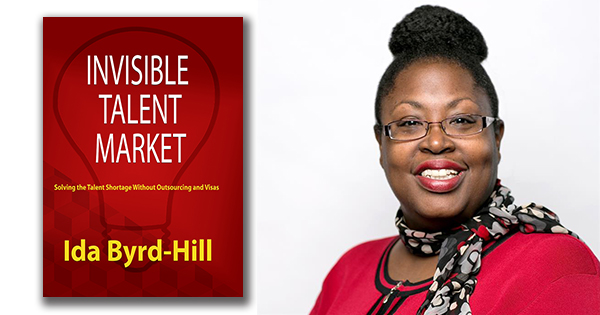For Ida Byrd-Hill prosperity is a collective, community effort.
As many Detroit residents and Americans throughout the country gear up for traditional Labor Day celebrations Byrd-Hill sees such annual observances as opportunities to reflect on ways to grow through financial empowerment.
An urban economist, Byrd-Hill has begun lectures to promote the power of the black economy. Byrd-Hill, who is the president of Uplift Inc., a nonprofit technology and diversity firm, shares ideas based on her book, Invisible Talent Market.
“We have the power to remove leadership and to do what is necessary to improve our lives, financially.”
“African Americans in Detroit make up 88 percent of the population, but as a group we don’t understand that we have the power to demand our destiny,” she says. “We have the power to remove leadership and to do what is necessary to improve our lives, financially.”
Her book focuses on equipping African Americans and other minorities with the digital business skills needed to compete and survive in the new 21st century economy. She adds that inadequate K-12 schools in Detroit are one of the reasons many Detroiters are not equipped for job opportunities in software and other digital industries.
Detroiters, who contribute to our region’s economy, need to make demands of the established business community.
“The most booming industries are technology and construction and only 3.6 percent of African Americans are represented in technological fields, and 5.8 percent are in construction,” she says. “Many of us are not prepared to be qualified for these opportunities.”
Byrd-Hill adds that Detroiters, who contribute to our region’s economy, need to make demands of the established business community. She says residents need to fight for things like healthier grocery stores and malls in their neighborhoods.
Attorney Shirley Kaigler, an estate planner, says it’s important for younger generations of African Americans to understand the need to build on their ancestors’ legacy.
“When slavery ended African Americans were excited because they would be able to work and get paid, and enjoy the fruits of their labor,” she says. “They were not only physically free, but they were financially free.”

Dr. Kenneth Harris, CEO and president of the Michigan Black Chamber of Commerce, agrees with Byrd-Hill’s and Kaigler’s perspectives. As head of the Detroit-based organization, he encourages business growth and development throughout the city and beyond.
“Economic empowerment,” says Harris, “is the final frontier for African-Americans.”
Harris also believes Detroiters need education, along with financial literacy to improve economically.
“Our goal should be creating generational wealth, so we can be able to complete with other groups in this country,” he says.


